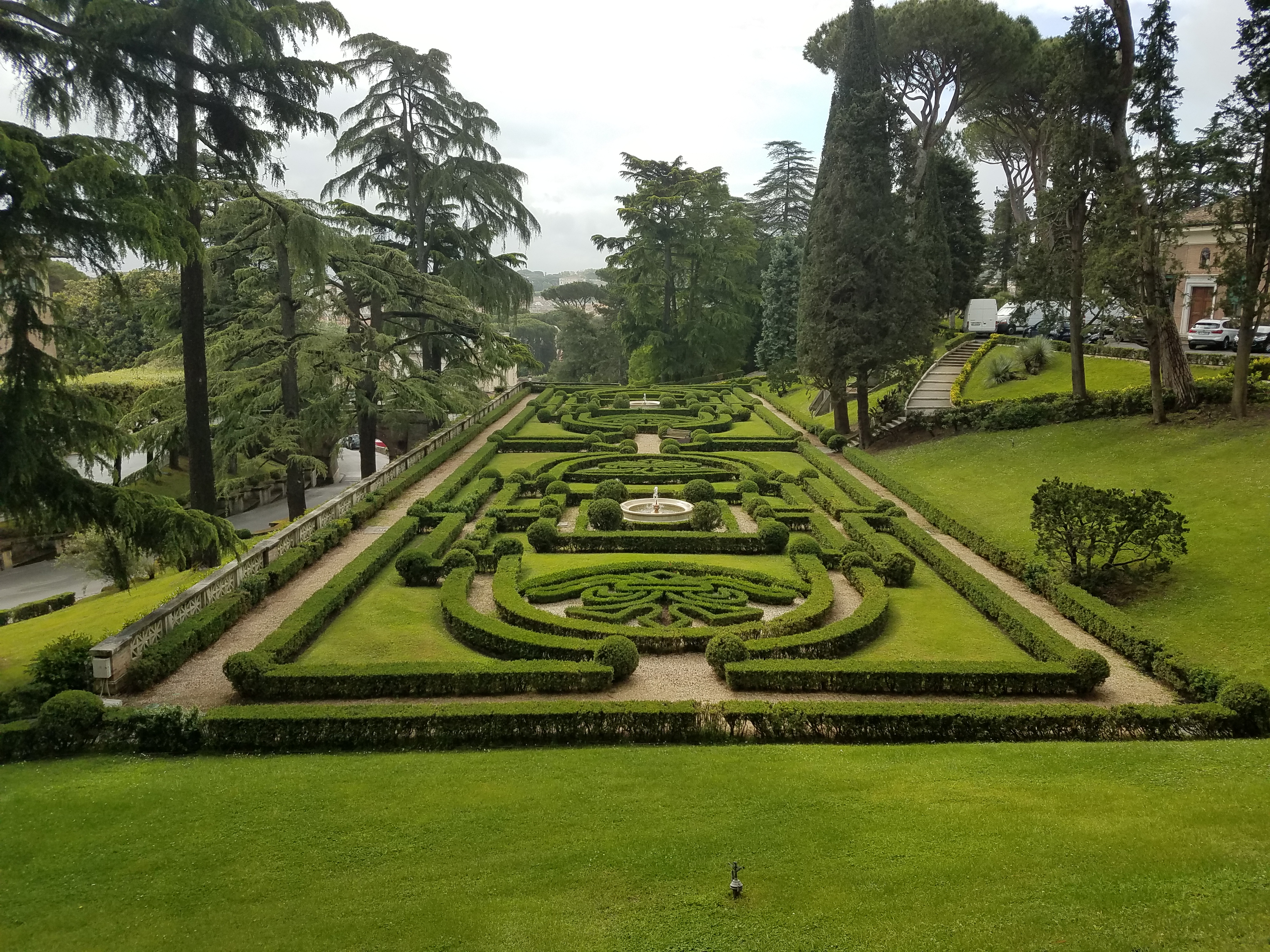Ex. 16:2-4, 12-15; Ps. 78:3-4, 23-25, 54; Eph. 4:17, 20-24; Jn. 6:24-35
God’s work never rests! “This is the work of God, that you believe in the one he sent.” God is always in search of our hearts and for some of us he is working overtime. While our hearts are restless, we turn to what is in this world for answers while he keeps giving us signs of his presence. To believe or not to believe that is the question. If we believe then our “works” will reflect our faith in Jesus. Faith and works are two sides of the same person and they cannot be denied. In works is revealed the true faith of a person. It raises the question to ask ourselves, “what are our works in building up the kingdom of God?” The work starts with faith in Jesus Christ.
If the first order of business is to believe in Jesus Christ how much time do I spend with Jesus in prayer, in Mass, and in serving him through serving others? Do we see Jesus in others and/or do we seek him out through others by offering a work of faith? God’s work never rests and it comes through others as he can also work through us for the good of others. We often speak of our charity by giving to the poor, donating our time for a cause, being active in our church and all are good contributions to the capital of grace but God’s work is to see a transformation not in what we do but in who we are. God’s work never rests in bringing us closer to himself and transforming us more into his image as a light to the world. We are the work in progress.
Signs of God’s work in us begin to be seen in our daily actions as a reflection of who we are as Christians. It can be seen in such simple confirmations of our faith to others through our conversations as an act of faith to unite us to God. Growing up do you recall hearing your mom or dad or grandma or grandpa often in conversation make an expression of faith by saying “thanks be to God”, “God is good”, “God have mercy”, “have a blessed day”, “pray all goes well” to recall just a few examples? It was this little reminder that God’s work never rests and he is present in our lives the moment we call upon him. I can hear my mother’s voice saying in Spanish “si Dios quiere” (if God wills) and most often “gracias a Dios” (thanks be to God). Every conversation is an opportunity to invite God and unite ourselves and others to him “praise be to God”. Let’s keep God in the conversation and let him guide us to the Son through the Holy Spirit to his revealed truth.
Faith is not stagnant it is dynamic as God’s work in us never rests. Every day is an opportunity to work on our faith as we go forth and encounter the world. We grow in faith when we take time to live in faith, love with faith, learn more of our faith, and leave a legacy of faith. According to Stephen Covey to live, love, learn and leave a legacy are the four essential human needs of life and so we take our four essential human needs to grow in holiness connecting our humanity to God’s divinity.
To live in faith is not defined by obtaining all the pleasures of life. “In the gospel, Jesus tells the people “Amen, amen” meaning without a doubt “I say to you, you are looking for me not because you saw signs but because you ate the loaves and were filled”. This is not living in faith but seeking the “food that perishes.” The same is true for the Israelite community who “grumbled” and said that as slaves “we sat by our fleshpots and ate our fill of bread” but only to be hungry again. God lets it “rain down bread from heaven”. This is not just a foretelling of the coming of Jesus in the Eucharist but a sign that he answers our prayers and meets all our needs so that we then may “accomplish the works of God”.
To live in faith is to live in the joy and peace that only comes through Jesus. This is the first work of God that we “believe in the one he sent” to be our food “the bread of life”. He is the bread from heaven that satisfies all our needs. He is the bread we eat when we receive the Eucharist. This is the dynamic work of faith in action that “heals our infirmities”, nourishes our souls and “answer all our needs…in the bond of peace”. It comes to us as a gift from heaven through the sacrifice of Jesus. To live in faith is being in communion with Jesus that creates not only a bond of peace but the guidance through the Holy Spirit and a purpose in which to live in. God’s work of faith in us never rests in calling us to himself to believe and be saved.
To love with faith is to trust in the love of God and in his generosity. Generosity as Spinoza the philosopher would say, “If love is the goal, generosity is the road to it.” Our generosity of time, treasure, and talent defines the meaning of life. It is the bond that unites us to God for God is love. Generosity has a compounding effect for the greater good for generations to come just as evil has a compounding effect for what is bad. No act of generosity goes without a just reward from God who blesses us with the opportunity to bless others in generosity. To love with faith is the willingness to sacrifice for the love we receive and offer ourselves up to God. The greater the sacrifice the greater that love grows and no greater sacrifice of love than Jesus on the cross. God’s work of love never rests in loving us.
To learn more of our faith is to never grow tired of seeking truth from the revelation of God. Truth is not anti-science it is the science of discovery of the miracles of life that reveal to us something greater is here with us. To learn more of our faith is to keep looking for Jesus to give us more of the “food that endures for eternal life” which the Son of Man promises to give us. Lectio Divina is one way to integrate our prayer life with the word of God to learn more how Jesus is speaking to us in the moment. A word of knowledge becomes the incarnation of the word in our being to transform us more into the image of God whose work never rests in us in calling us to himself.
To leave a legacy of faith is to give “life to the world” by receiving Jesus from whom life is received to be poured out as a light to the world. It is an apostolic legacy carried on by those whose lives we touch and it begins in the home. Three words need to be spoken in all Christian homes and they are “let us pray”. Let us pray in thanksgiving, let us pray for the sick, let us pray for our needs, let us pray for the souls in purgatory, let us pray a rosary or a novena, let us pray for an answer to our prayers. Prayer opens the channel of grace for our sanctification. To leave a legacy of faith it begins with prayer and it spreads out into our world to make a difference.
In prayer we feed on the spirit of Jesus. In scripture we feed on the word of Jesus. In the Eucharist we feed on his body and blood. He is the bread of life that satisfies every hunger and thirst “that endures for eternal life”. God’s work never rests yet he invites us to rest in him when he says in Mathew 11:29 “Take my yoke upon you and learn from me, for I am meek and humble of heart; and you will find rest for yourselves.” We cannot learn from him unless we come to him with the same meekness and humility of heart to be fed by him.
When we come to Jesus his grace provides us a peace and joy that that allows us to be content. We are content not because everything came out the way we wanted it to be, or because every prayer was answered in a miraculous way but because by the grace of God, we found God since he had been there always calling us to himself. While we rest, God is working for that day, the day our faith rests in him for our greater good. Glory to God in the highest may this be that day of true rest in God.
Tags









Recent Comments